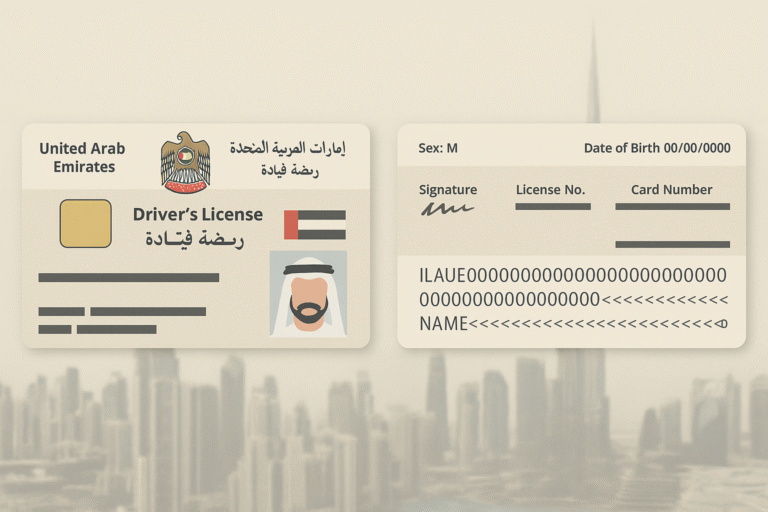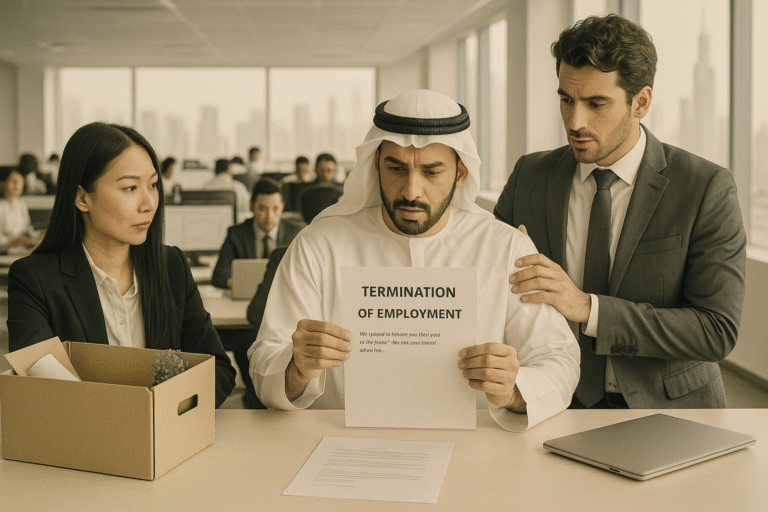- Articles
Labor legislation in the UAE private sector: The main provisions

Federal Decree-Law No. 33 of 2021 on the Regulation of Labor Relations (hereinafter referred to as the UAE Labor Code) regulates the rights and obligations of employees and employers in the private sector. The law entered into force on February 2, 2022, replacing the previous Law No. 8 of 1980. Its purpose is to ensure a balance of interests between the parties to the employment relationship and create a transparent legal environment.
Scope of application
The UAE Labor Code applies to all employees in the private sector, regardless of their nationality (UAE citizens and foreigners). However, the following categories are excluded from the law:
- Employees of federal and local government agencies.
- Military, police and security personnel.
- Domestic workers (there is a separate law for them — Federal Decree-Law No. 9 of 2022).
The main provisions of the law
- Employment models
The law introduces various forms of labor relations:
- Full-time employment.
- Part-time employment.
- temporary work.
- Flexible schedule.
Indefinite employment contracts have also been abolished; now only fixed-term contracts with the possibility of extension are concluded.
- Working hours and overtime
The standard length of the working day is 8 hours, and the working week is 48 hours. During Ramadan, working hours are reduced by 2 hours per day. Overtime work is paid in accordance with established standards.
The main provisions of the law
Employment models
The law introduces various forms of labor relations:
- Full-time employment.
- Part-time employment.
- temporary work.
- Flexible schedule.
Indefinite employment contracts have also been abolished; now only fixed-term contracts with the possibility of extension are concluded.
- Working hours and overtime
The standard length of the working day is 8 hours, and the working week is 48 hours. During Ramadan, working hours are reduced by 2 hours per day. Overtime work is paid in accordance with established standards.
The law prohibits:
- Forced labor.
- Discrimination based on gender, race, skin color, religion, national or social origin, disability.
Harassment, intimidation, physical and psychological violence in the workplace.
Employers are required to ensure occupational safety, keep records of employees, and comply with minimum wage standards.
- Termination of employment relations
An employment contract may be terminated on the following grounds:
- Expiration of the contract without renewal.
- Mutual consent of the parties.
- The initiative of one of the parties in compliance with the terms of the notification.
- Death of an employee or employer, bankruptcy of a company, and other circumstances prescribed by law.
Upon termination, an employee is entitled to compensation for unused vacation and severance pay.
Bodies regulating labor relations:
The Ministry of Human Resources and Emiratisation (MoHRE) is responsible for overseeing compliance with labor laws in the private sector. It provides information on the rights and obligations of the parties, examines labor disputes and ensures the protection of workers’ rights.



